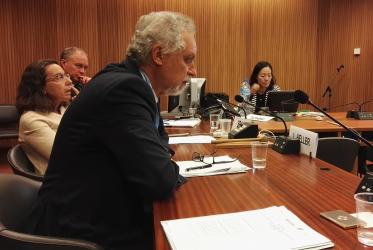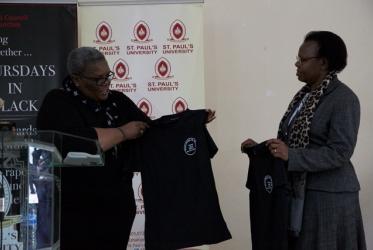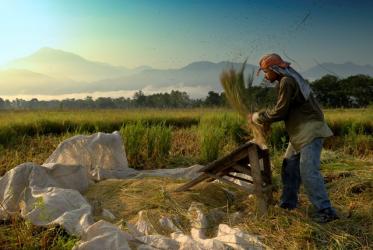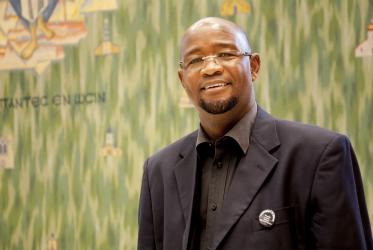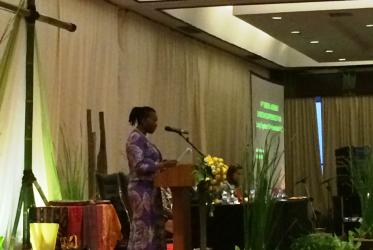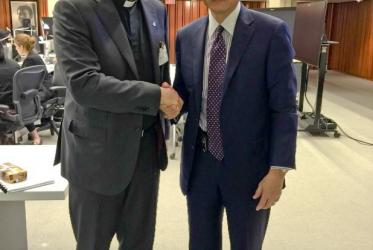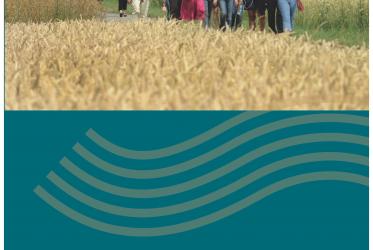Displaying 481 - 500 of 574
23 September 2015
WCC engages UN debate on right to water
16 September 2015
Churches to pray for care of creation
20 August 2015
Everyone urged to join Zero Hunger Challenge
29 June 2015
WCC group evaluates ecumenical HIV and AIDS response
29 June 2015
WCC considers AIDS report a “valuable tool”
26 June 2015
Churches need to do more to tackle HIV and AIDS
23 June 2015
WCC Annual Review 2014
28 April 2015

